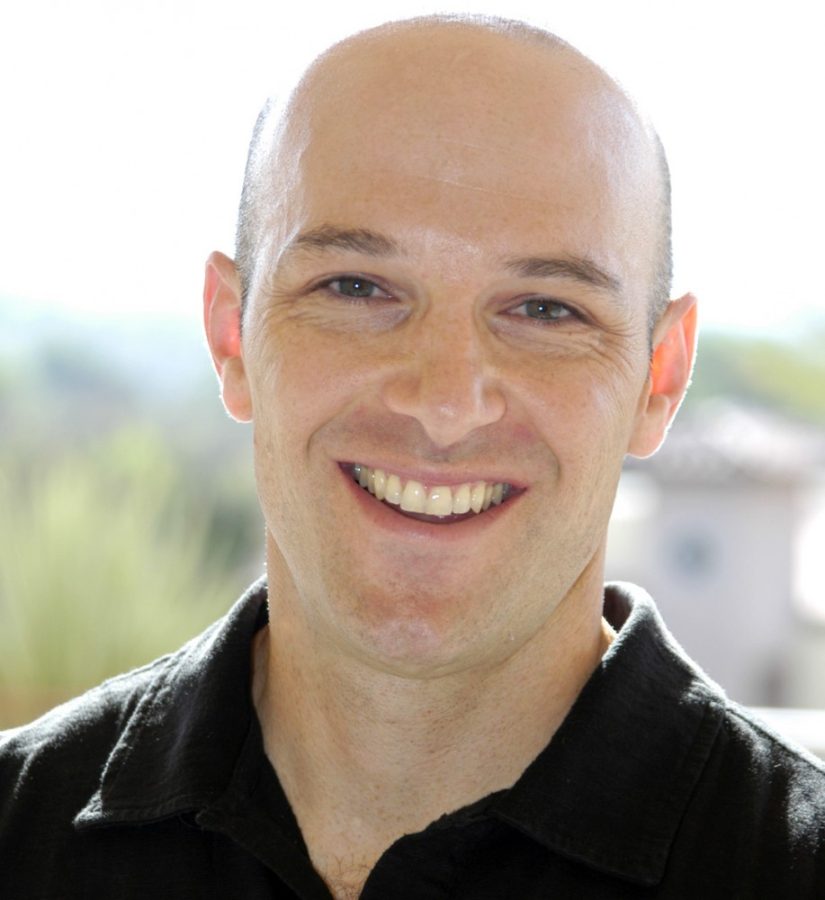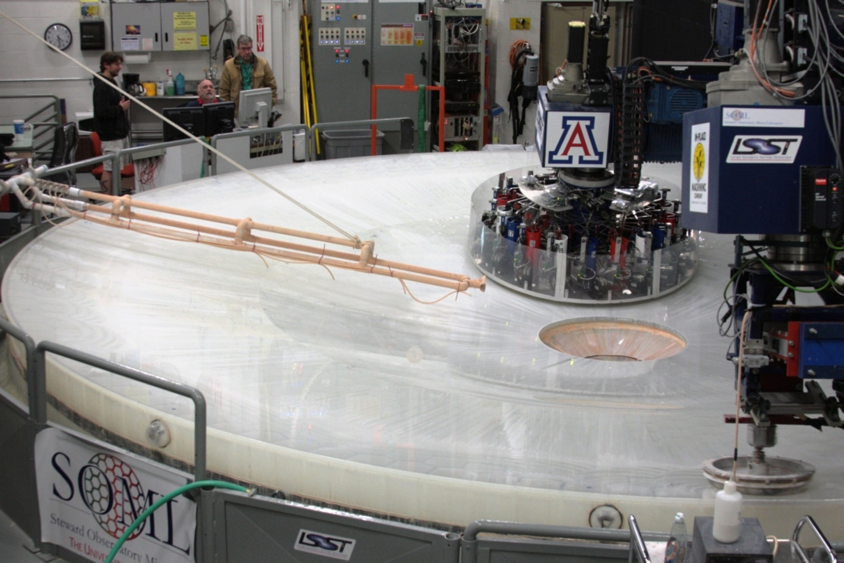The Science of Sleep Downtown Science Café series for this semester addresses the importance of sleep in well-being and health — not only for college students but for everyone.
“What we’ve done is we’ve put together a number of people who are from the School of Mind, Brain and Behavior to talk about sleep from a number of different points of view,” said Mary Peterson, a professor of psychology and director of the Cognitive Science Program.
Peterson has attended and been a speaker at Science Cafés in the past. Every semester, a new theme is chosen for the Science Cafés, and about once a month, a café is held where a scientist will speak from their perspective about the theme. The spring 2015 theme for the downtown café is “The Science of Sleep,” and the second installment of the series will happen today at 6 p.m. at Magpie’s Gourmet Pizza.
The speaker will be David Sbarra, an associate professor of psychology, who will discuss “Divorce, Lonely Days and Restless Nights.”
Even though divorce is in the title, Sbarra said this is really a topic about romantic separation, difficulties associated with breakups and separation, and how people recover.
“Sleep is important for our physical health of course, but it’s also essential to our mental health and psychological well-being,” Sbarra said.
Peterson said she chose sleep for this semester’s theme because of the work researchers have been doing in the School of Mind, Brain and Behavior on sleep.
“They take a variety of approaches,” Peterson said, “exploring how children need sleep to learn, how sleep disruption affects learning and cognitive abilities, and how sleep, physical and mental health are affected by a variety of stresses — also including the stresses of daily life and the stresses associated with the break-up of a romantic relationship.”
The Downtown Science Cafés are run through the Flandrau Science Center and Planetarium at the UA.
“Sleep is so important and seems to be a topic that keeps coming up as we keep learning about how beneficial sleep is and how problematic it can be if you’re not getting enough sleep or good sleep,” said Shipherd Reed, operations and communications manager for Flandrau Science Center and Planetarium. “We thought that people would be interested.”
Sbarra said college students are notoriously poor sleepers, and the stress of relationship transitions creates “quite a mess.”
“One of the things I think that’s important is that, when we sleep well, we learn better,” Sbarra said. “Our ability to handle our emotions is improved manyfold by the quality of our sleep. After a stressful event like a breakup, it’s really important to focus on positive healthy behaviors and not a spiral downward into something worse.”
Sbarra said that many people on campus go through relationship transitions and, oftentimes, sleep disturbances will accompany a breakup.
While she believes many people know how important sleep is, Peterson said she thinks we don’t often realize how something like a divorce or breakup can disrupt our sleep and affect performance at work or school.
At each installment of the series, a speaker will present for about 20-30 minutes, followed by a Q&A session.
“As opposed to a lecture, there’s so much Q&A, it’s kind of like having a conversation,” Reed said. “It’s a great way to engage with science and the strong research being done at UA.”
_______________
Follow Chastity Laskey on Twitter.









